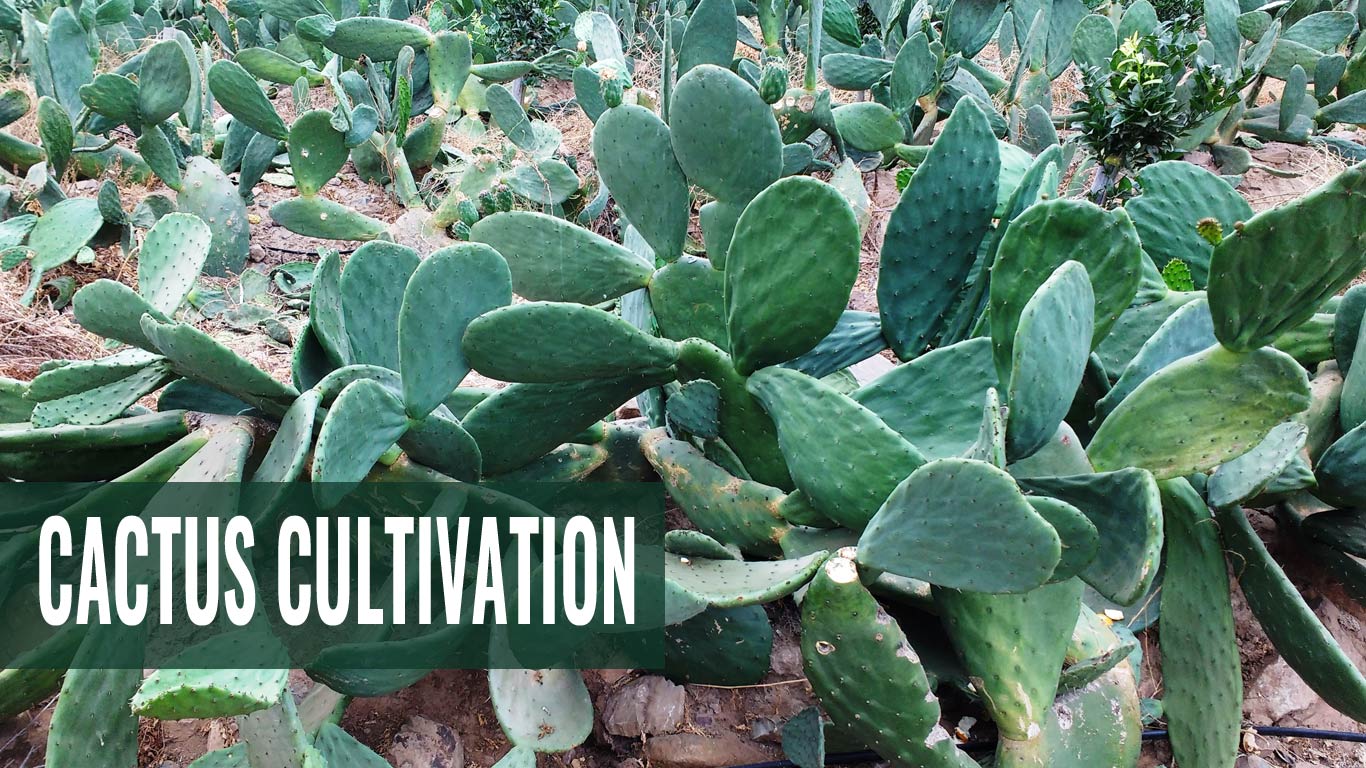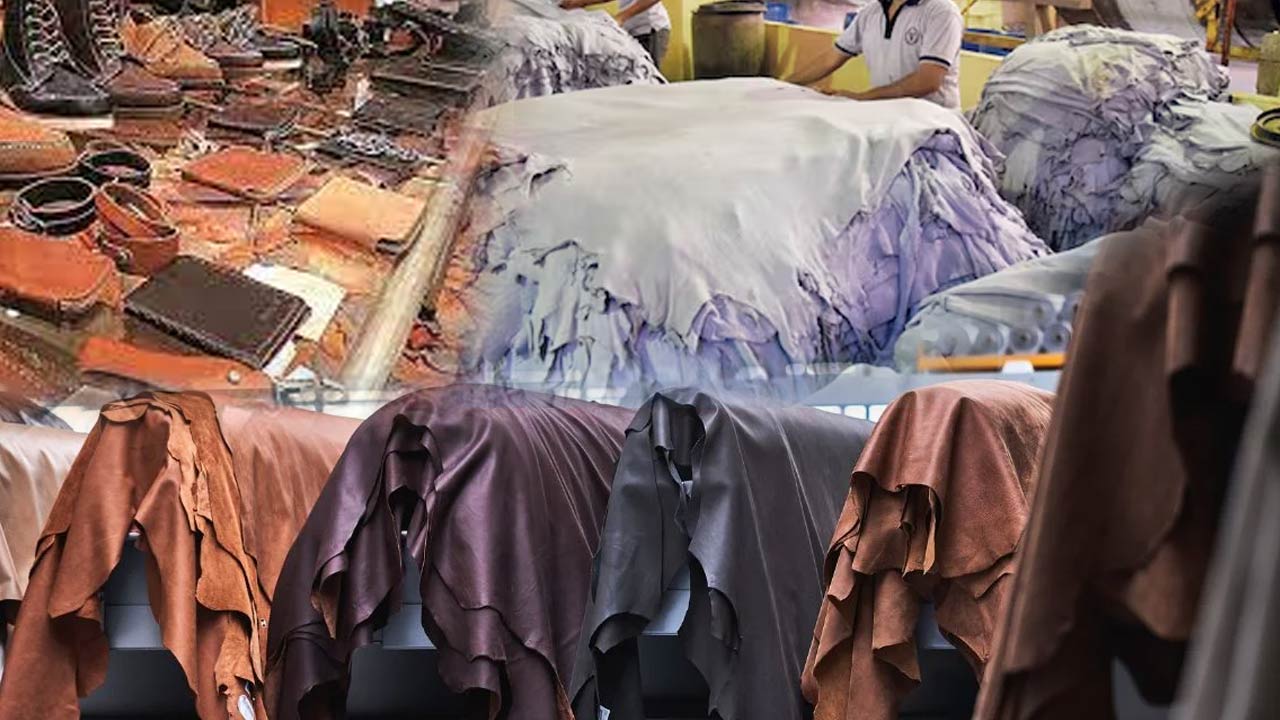Cactus Cultivation: A Green Revolution For Vegan Leather Production
Updated: Jan 20, 2024 05:48:16pm

Cactus Cultivation: A Green Revolution For Vegan Leather Production
Ranchi, Jan 20 (KNN) The State Rural Development Department is considering the promotion of cactus cultivation in arid regions to kickstart the production of vegan leather, according to officials.
Vegan leather, made from agricultural waste products, does not involve the use of animal hides. The move towards promoting cactus cultivation aligns with sustainable practices and contributes to the broader goal of environmentally friendly alternatives.
A team from the department recently visited Madhya Pradesh to explore the potential of cactus cultivation, which serves multiple purposes such as providing cattle feed, fertilisers, and raw material for vegan leather, reported by TOI.
This initiative aims to utilise arid lands that are otherwise unsuitable for traditional agriculture.
Chandra Shekhar, the Secretary of the Rural Development Department, highlighted the versatility of cactus and its potential to transform arid regions like Palamu and Garhwa districts.
These districts, known for their vast arid stretches and susceptibility to drought, could benefit from cactus cultivation. Shekhar mentioned that the project is still in the early planning stages.
In parallel, the Council for Leather Exports (CLE) and the Leather Export Promotion Council have developed a Vision Document-2030 for the leather and footwear industry.
The vision outlines ambitious plans to boost production and exports, with the goal of reaching a total turnover of USD 47.1 billion by 2030.
This strategic approach is anticipated to more than double leather and footwear exports, reaching USD 13.7 billion within the next six years.
The growth strategy for the leather and footwear industry is crucial, given the projection that India's leather and footwear industry will expand significantly, reaching a size of USD 47 billion by 2030.
This initiative not only addresses economic goals but also aligns with sustainable and cruelty-free practices in leather production.
(KNN Bureau)










